The white smoke has risen: according to verified reports, Hungary's National Assembly could ratify Sweden's NATO accession early next week, and the Swedish Prime Minister will arrive in Budapest within days to hold talks with PM Orban. PM Ulf Kristersson's visit, under normal circumstances - taking place between EU member states, and soon-to-be allies in NATO - is about as newsworthy as checking the daily water level of the Danube in the small town of Gonyu.
The Curveball At The End
The United States, NATO's dominant member state, no longer adheres to formalities but openly seeks to exert pressure on its Hungarian ally.
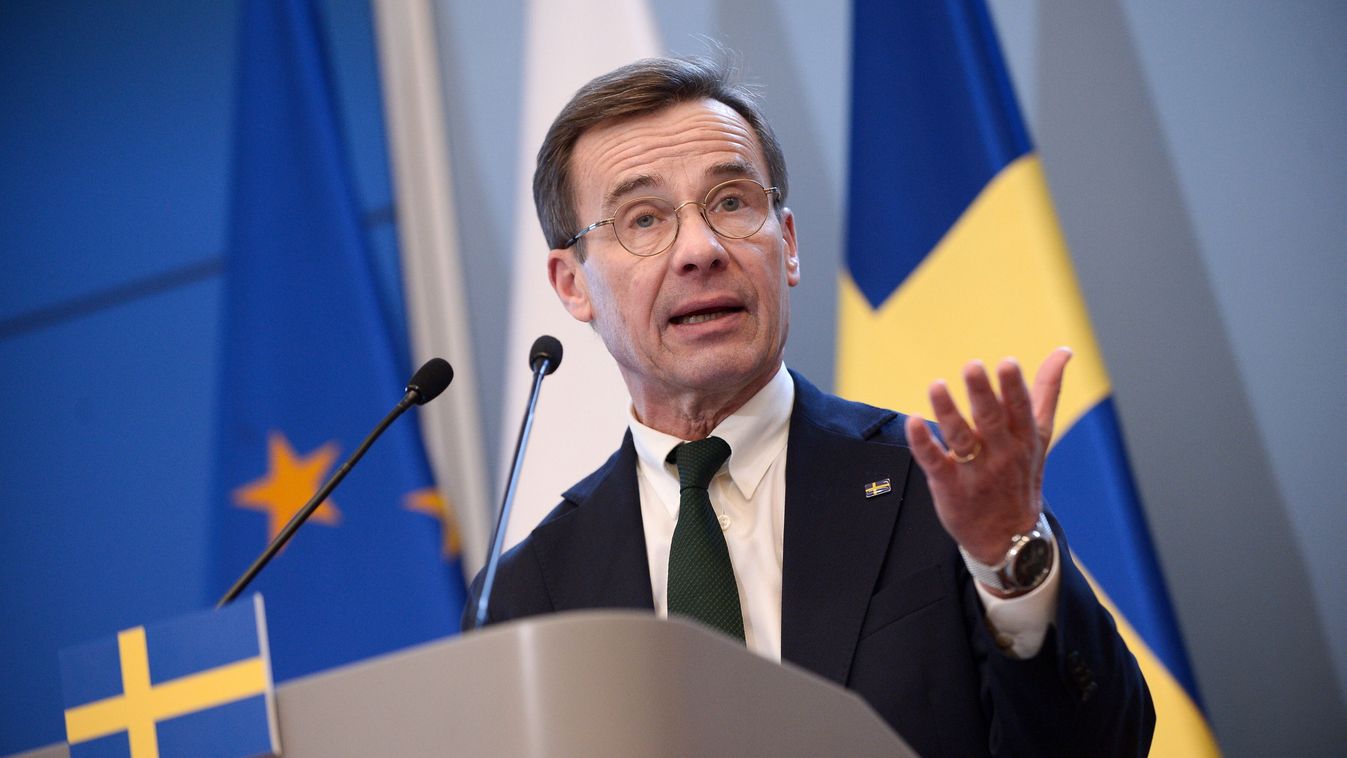
But these are different times. For almost exactly two years now, the West, along with Ukraine, has been gripped by a state of war psychosis, shaping their fundamental perception, in which Russia's Vladimir Putin has replaced Bin Laden in the long line of Antichrists." This has triggered a massive hysteria that's brought everything to the surface: the United States, NATO's dominant member state, no longer adheres to formalities but openly seeks to exert pressure on its Hungarian ally. This includes David Pressman, the US ambassador in Budapest, who oversaw the recent opposition stunt in parliament from the VIP section. Also, the US senators, flying in from Munich on Sunday, aimed to give our government a bit of a dressing down regarding Sweden. Unfortunately, having grown weary of uneven relations in recent years, the government has had enough. As a result, the high-ranking senators had to make do with, among others, graft detective Sandor Lederer, who sawed down the memorial Regnum Marianum Cross in Budapest's City Park. After all, if there is no horse, the donkey will do. In any case, the senators explained that they had trust in PM Orban's pledge, the one he made during his state of the nation speech on Saturday.
További IN ENGLISH híreink
Although, in principle, the pledge is about the Swedes, the process has ricocheted amid the current war psychosis. Nevertheless, we love the Swedes, more or less, so it's not the lack of love that hindered the ratification process. Besides Sweden's renowned meatballs and flat-pack furniture, their Gripen fighters have also proven invaluable. With these, we, as part of NATO, can safeguard their airspace (and, for the sake of our Baltic anti-Moscow friends, the emphasis is on the pronoun: their). At the turn of the millennium, it was the first Orban government that opted to purchase Gripen fighters instead of US F-16s. Negotiations on how to proceed are ongoing, but everything has its own order.
Just as in the case of the Turkish ratification, which directly preceded the Hungarian decision, the Swedes will have to wait for our approval.
Parliament will convene next week to commence its spring session, and the agenda is being finalized. Those who can't wait for this, like the Americans, inadvertently reveal that they are not contemplating an alliance of sovereign states with equal rights. However, we, or at least the majority of the electorate, voted for a NATO made up of sovereign member states in the 1997 referendum.
We've had our share of issues with the Swedes, and this is no secret either. Anti-Hungarian propaganda found its way into Sweden's public media and even into their education system.
További IN ENGLISH híreink
We are countries of almost the same size, and it is evident that we hold different views on migration and gender ideology. However, we should be able to tolerate these differences. Hungarian schoolchildren are not taught to be anti-Swedish. This disagreement will likely be on the agenda of PM Orban's meeting with PM Kristersson in Budapest. There's no reason why we should not be on good terms with Sweden, which is becoming increasingly politically sober, either within the EU or NATO. Regardless of whether the Russian threat to us is real, it would be beneficial to move towards a Western security system akin to the vision of Charles de Gaulle of France, with sovereign nations expressing their will. In such a scenario, Europe would not be preoccupied with swiftly satisfying others' political interests. This would be the biggest curveball at the end.
Cover photo: Swedish Prime Minister Ulf Kristersson (Photo: MTI/EPA/PAP/Marcin Obara)
Komment
Összesen 0 komment
A kommentek nem szerkesztett tartalmak, tartalmuk a szerzőjük álláspontját tükrözi. Mielőtt hozzászólna, kérjük, olvassa el a kommentszabályzatot.
A téma legfrissebb hírei
Tovább az összes cikkhez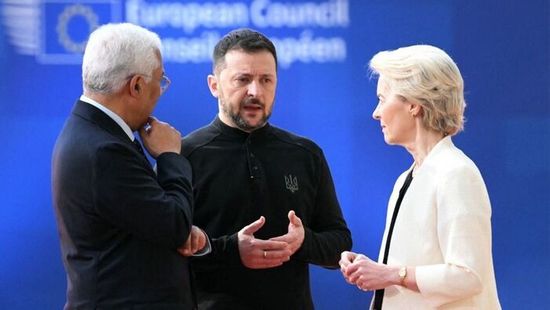
European Commission or Ukraine Commission? – Whose Interests Come First in Brussels?
The expert explained the long-term consequences if Brussels prioritizes a candidate country over member states.
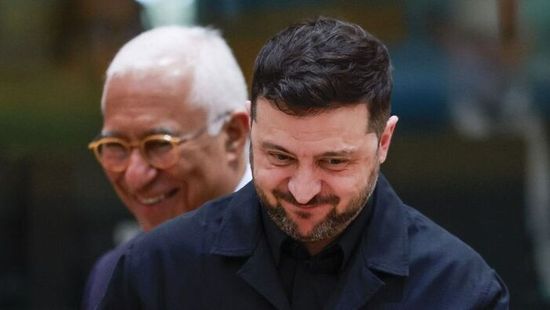
Brussels Wants to Drag Hungary into War Madness
They have decided to continue the war.
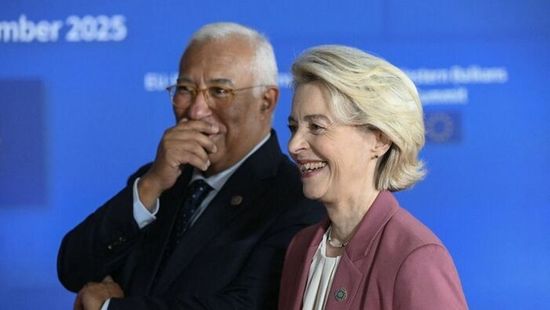
Brussels Agrees with Zelensky, Once Again Everything Revolves Around Ukraine
They do not care even if Hungarians are crushed by high energy prices.
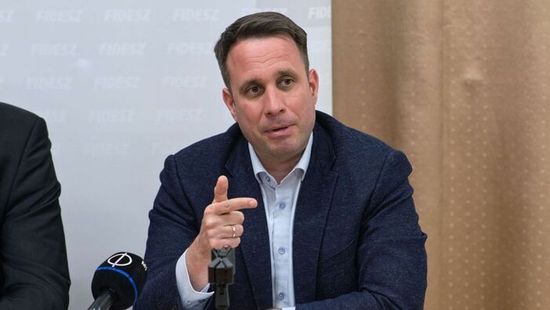
Tisza Party Exposed By Its Own Pro-War Ally + Video
The speech contains everything, including what Tisza Party politicians deny back at home, MEP Domotor said.
Ne maradjon le a Magyar Nemzet legjobb írásairól, olvassa őket minden nap!
- Iratkozzon fel hírlevelünkre
- Csatlakozzon hozzánk Facebookon és Twitteren
- Kövesse csatornáinkat Instagrammon, Videán, YouTube-on és RSS-en

Címoldalról ajánljuk
Tovább az összes cikkhez
European Commission or Ukraine Commission? – Whose Interests Come First in Brussels?
The expert explained the long-term consequences if Brussels prioritizes a candidate country over member states.

Brussels Wants to Drag Hungary into War Madness
They have decided to continue the war.

Brussels Agrees with Zelensky, Once Again Everything Revolves Around Ukraine
They do not care even if Hungarians are crushed by high energy prices.

Tisza Party Exposed By Its Own Pro-War Ally + Video
The speech contains everything, including what Tisza Party politicians deny back at home, MEP Domotor said.
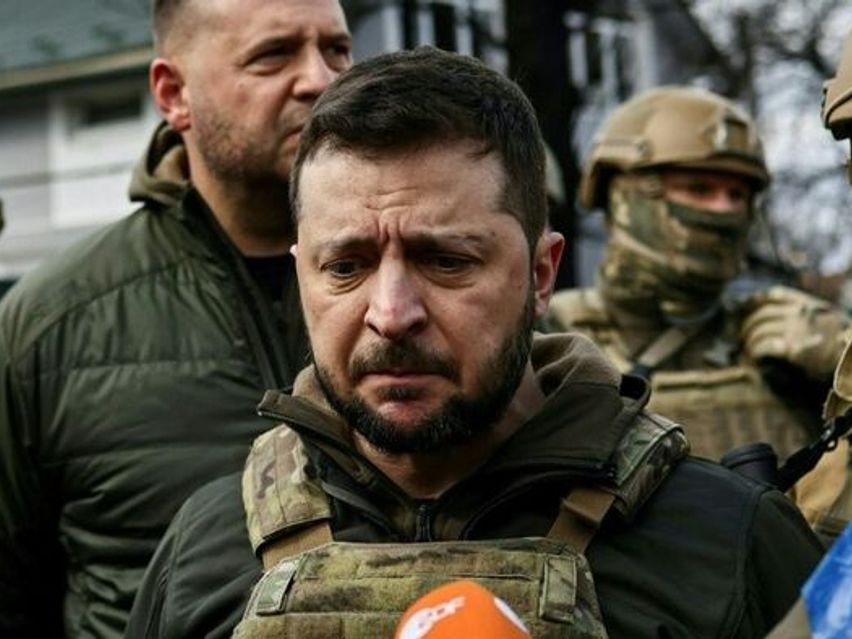
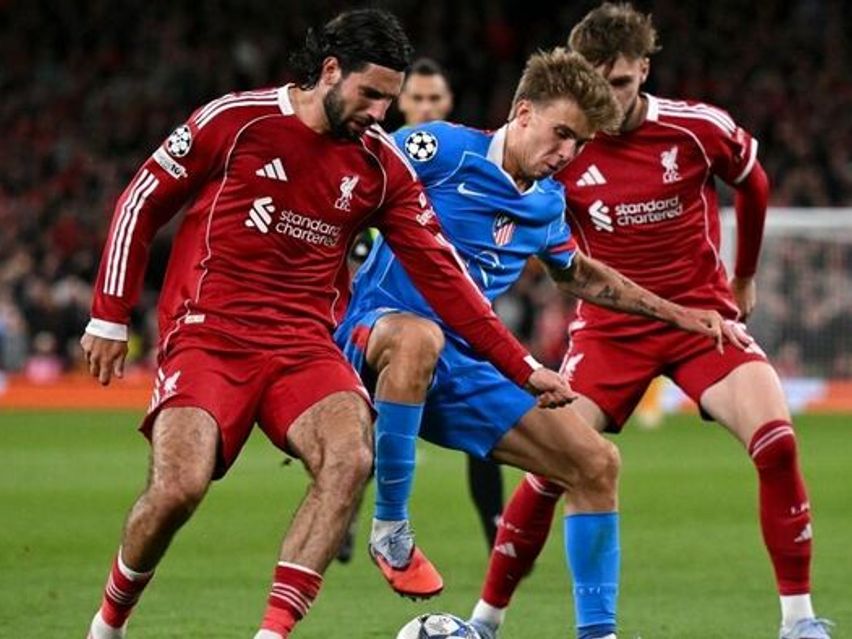
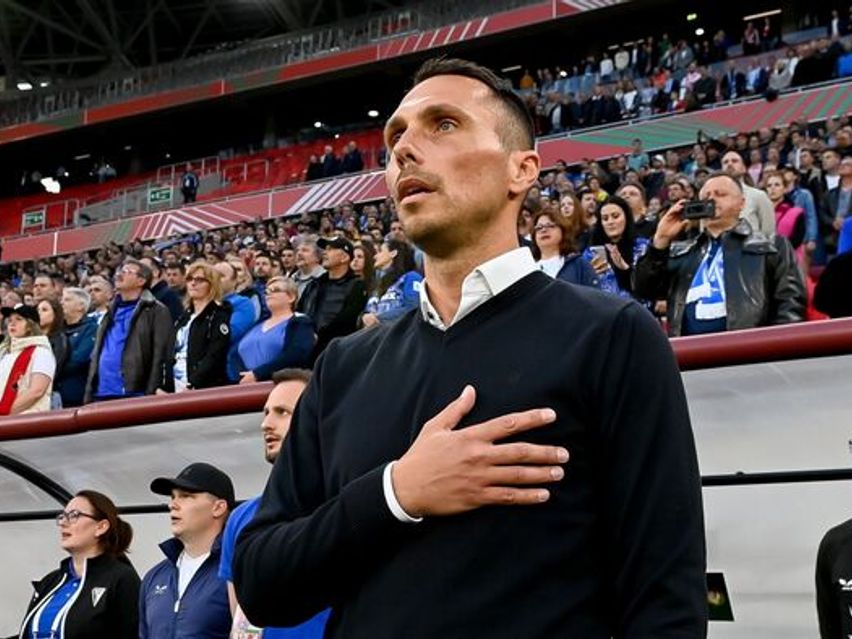


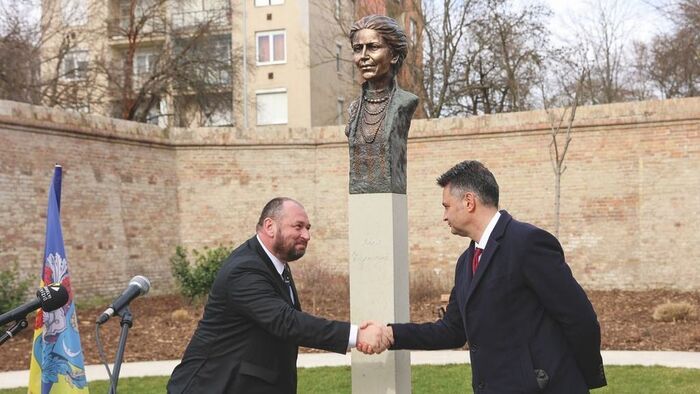

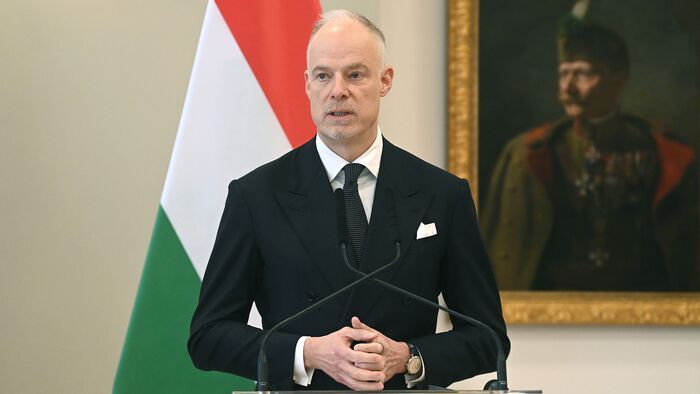
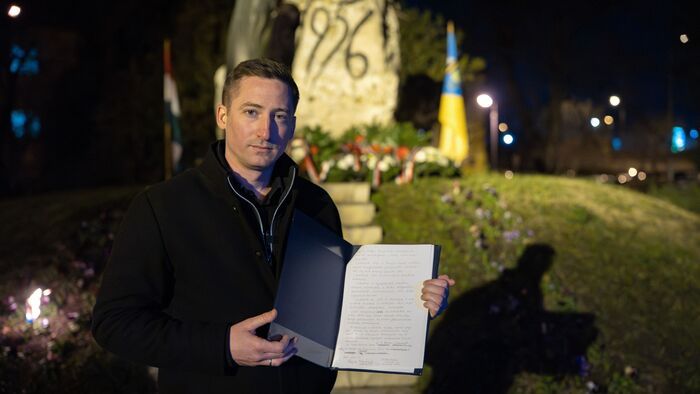
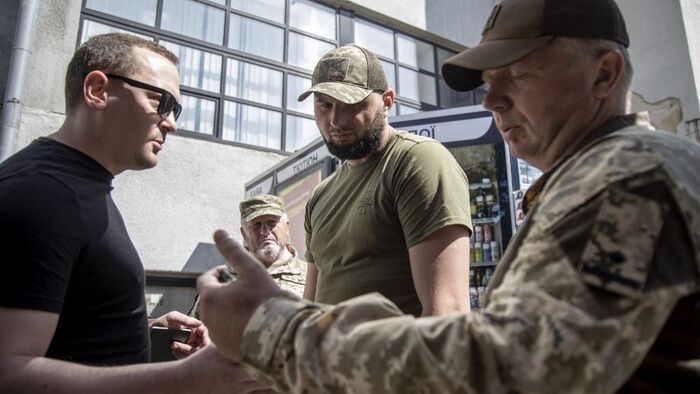
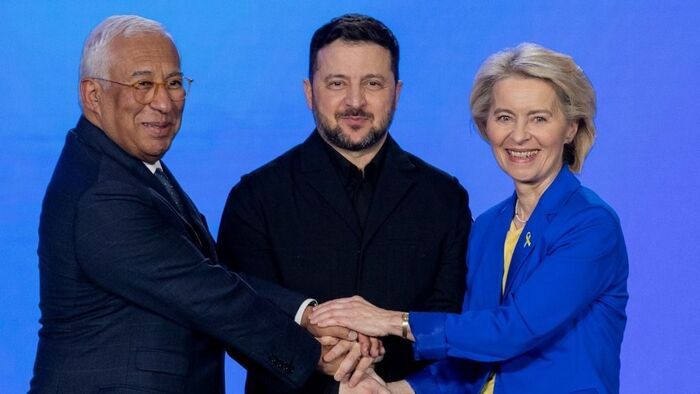
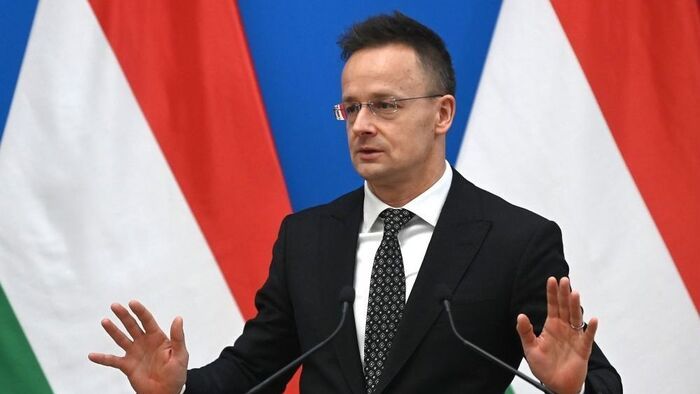

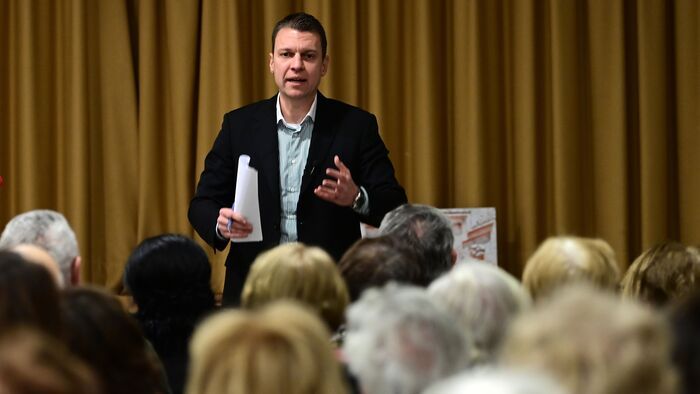
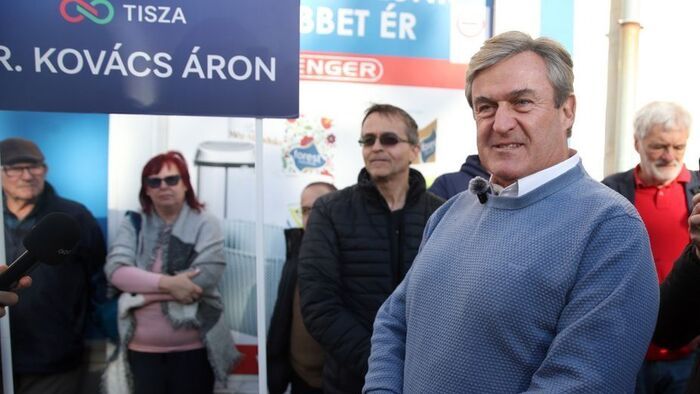


Szóljon hozzá!
Jelenleg csak a hozzászólások egy kis részét látja. Hozzászóláshoz és a további kommentek megtekintéséhez lépjen be, vagy regisztráljon!